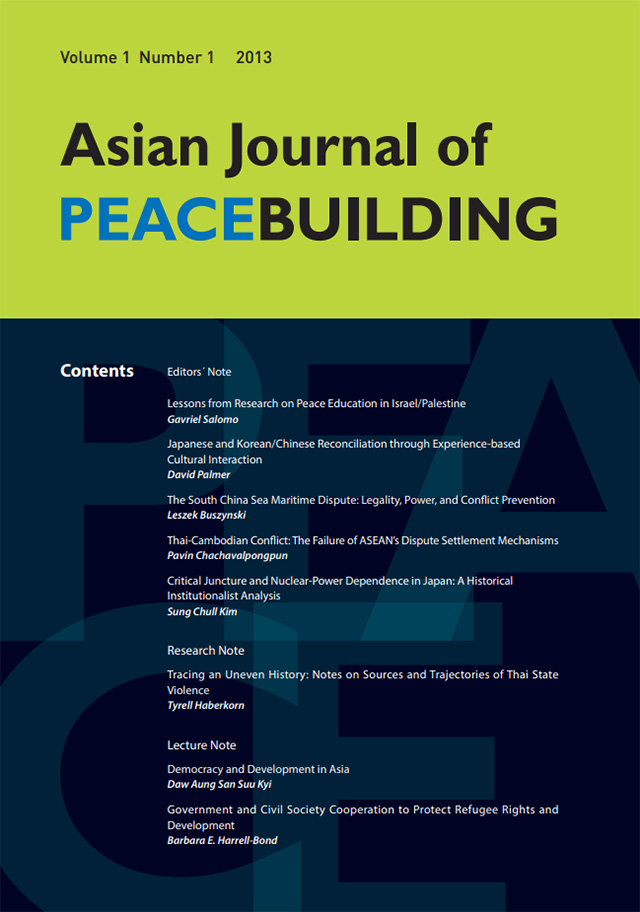- Reconciliation between the Japanese people and those of China and Korea may have better prospects for advancement through a new cultural approach that is experience-based, starting at individuals’ levels and interests, rather than focusing solely on victimization and confining activism to more conventional organizationbuilding and public protests. The peace movement opposed to nuclear weapons has continued to center around the atomic bombings of Hiroshima and Nagasaki, but in the past has not fully dealt with Korean and Chinese forced labor by Imperial Japan. However, the alternative experience-based cultural approach by a number of individuals and relatively small organizations has combined these two historical issues. This article highlights examples of two Japanese who directly witnessed Chinese and Korean forced labor in wartime Japan, but who also opposed the atomic bombings. They became activists themselves in the postwar era and utilized traditional cultural forms (tanka poetry and sumi drawing) to help create awareness of the full dimension of Japan’s wartime history. There is strong potential for extending this alternative social movement model, which may be more effective in achieving reconciliation of unresolved historical injustices, to younger generations.
Back Issues
RESEARCH ARTICLE
Japanese and Korean/Chinese Reconciliation through Experience-based Cultural Interaction
David Palmer pp. 17-38
PDF Download

